One Comparison Sums up America's Disjointed View of Crime

By:
The U.S. puts a lot of money toward the criminal justice system on both the state and federal level, but when it comes to law enforcement jobs there is a clear distinction.
Compared to other countries, the U.S. employs a higher percentage of correctional officers than it does police officers, according to a recent report released by the White House. If priorities are evaluated by money, America has made incarceration a priority over community policing.
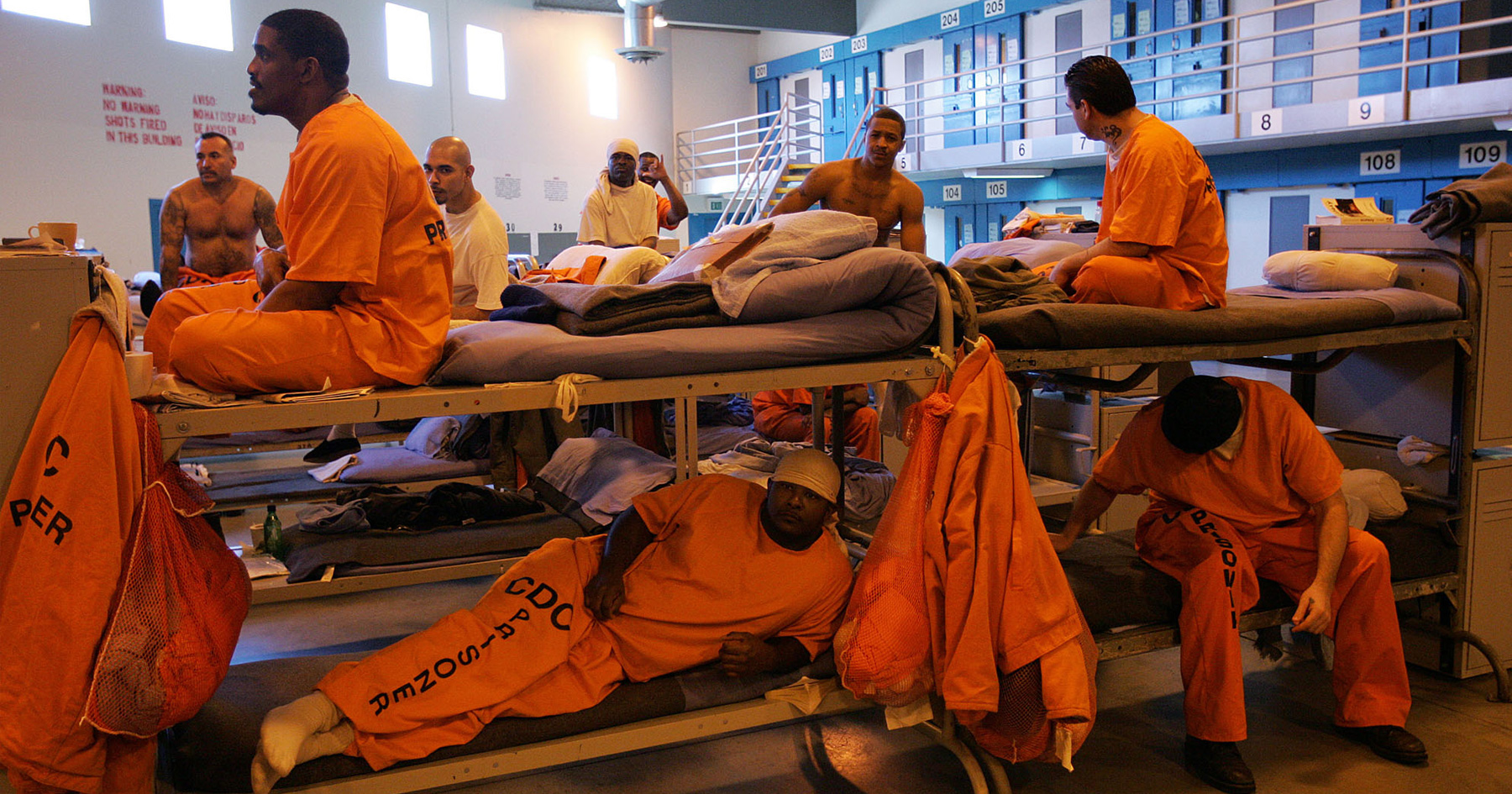 AP/Spencer Weiner - apimages.com
AP/Spencer Weiner - apimages.com
The Obama administration released a report in April 2016 on criminal justice spending. It describes how the U.S. employs more than 2.5 times the corrections officers per capita than the rest of the world, but it has 30 percent fewer police officers per capita. The U.S. spends $80 billion a year on incarceration.
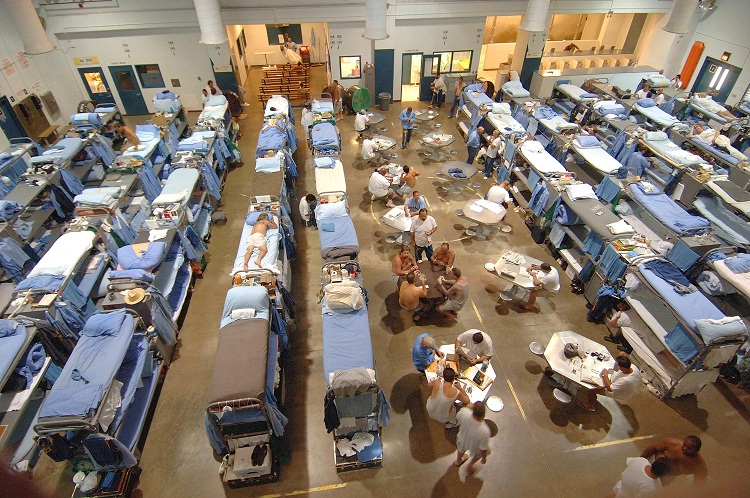 Wikimedia/California Department of Corrections - wikimedia.org
Wikimedia/California Department of Corrections - wikimedia.org
ATTN: spoke to Stanford Law Professor and Co-Director of the Stanford Center for Criminal Justice Robert Weisberg about criminal justice spending. He said that a major part of criminal justice reform isn't hiring less corrections officers necessarily, but hiring more police officers to deter crime and help keep people out of prison.
"We're at the point where a dollar spent on a police officer is more valuable than a dollar spent on prisons, but I think it's really about the number of people in prison," he said. "The implication is that if we have more prisoners than we have more prison guards."
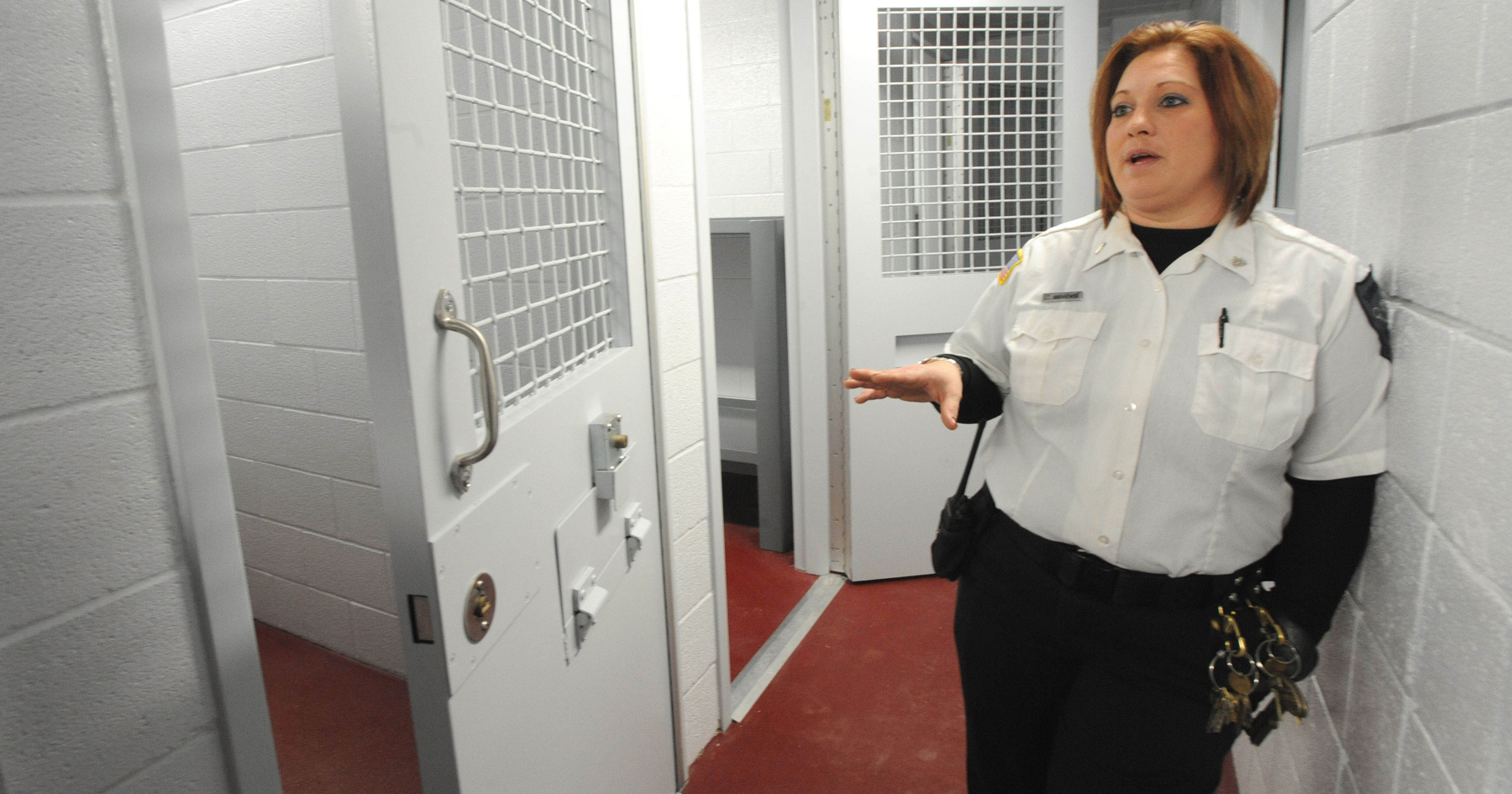 AP Photo/Tribune-Democrat, John Rucosky - apimages.com
AP Photo/Tribune-Democrat, John Rucosky - apimages.com
The high number of corrections officers is probably because the U.S. has the highest incarceration rate in the world. There are about 2.2 million incarcerated people in the U.S., according to the Obama administration's report.
But why would spending more on police officers help the U.S. spend less money on crime?
Weisberg said that putting money into crime prevention measures, such as hiring more police officers to stop and deter crime is more cost effective than incarcerating people for long prison sentences. Crime is at the lowest levels it's been in years and he credits much of that to police.
"Crime in the United States is a small fraction of what it was in the 1990s," he said. "We need more police and better, more organized policing, like using technology for better management to put police in the highest crime neighborhoods."
However "interactions with the criminal justice system are disproportionately concentrated among Blacks and Hispanics, poor individuals, and individuals with high rates of mental illness and substance abuse," according the Obama administration's report.
Based on this data, more police officers could lead to increased interactions between minorities and police.
 Stocksy/Mauro Grigollo - stocksy.com
Stocksy/Mauro Grigollo - stocksy.com
"A large body of research finds that, for similar offenses, Blacks and Hispanics are more likely than whites to be stopped and searched, arrested, convicted, and sentenced to harsher penalties," according to the Obama administration's report.
The recent Black Lives Matter protests following the high-profile deaths of Black people like Michael Brown, Freddie Gray, Sandra Bland, Walter Scott, and others by police gunfire or in the presence of police officers, signals a bad relationship between police and minority communities. Following the 2014 shooting death of unarmed teenager Michael Brown by now former police officer Darren Wilson in Ferguson, Missouri, protests erupted into full scale riots. The same happened in Baltimore, Maryland in 2015 when Freddie Gray was arrested and later died in police custody after sustaining a fatal injury.
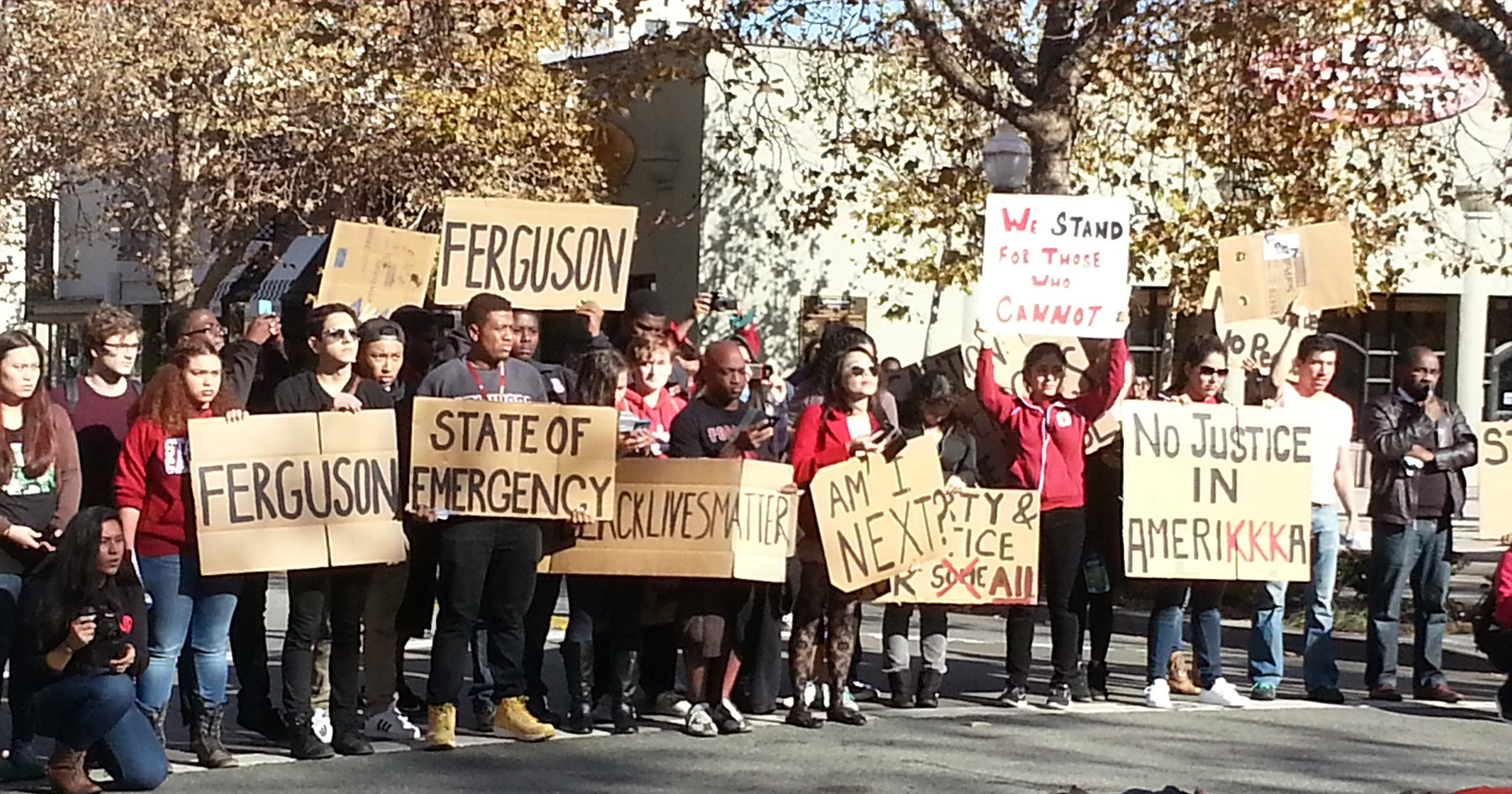 Flickr/Paul George - flic.kr
Flickr/Paul George - flic.kr
Weisberg said that police brutality is a separate issue.
"I don't think having more cops or more cops in particular areas necessarily increases the risk of police brutality," he said.
It's an issue of training and effective hiring. "It could also be argued that hiring a lot of cops in a short period of time could lead to poor training and then issues could arise from that," he said.
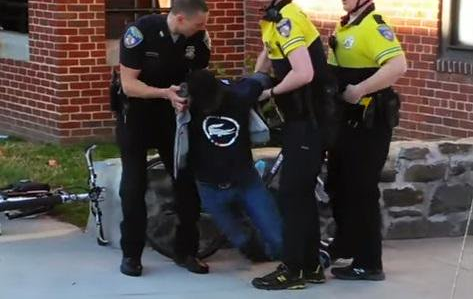 Twitter/Lybio
Twitter/Lybio
The Obama administration's report seems to acknowledge that hastily hiring large numbers of police officers could be a bad idea:
"At the same time, more research is needed to identify and replicate model policing tactics that are marked by trust, transparency, and collaborations between law enforcement and community stakeholders."
Along with preventing crime in the first place, inmates need to get out of prison sooner.
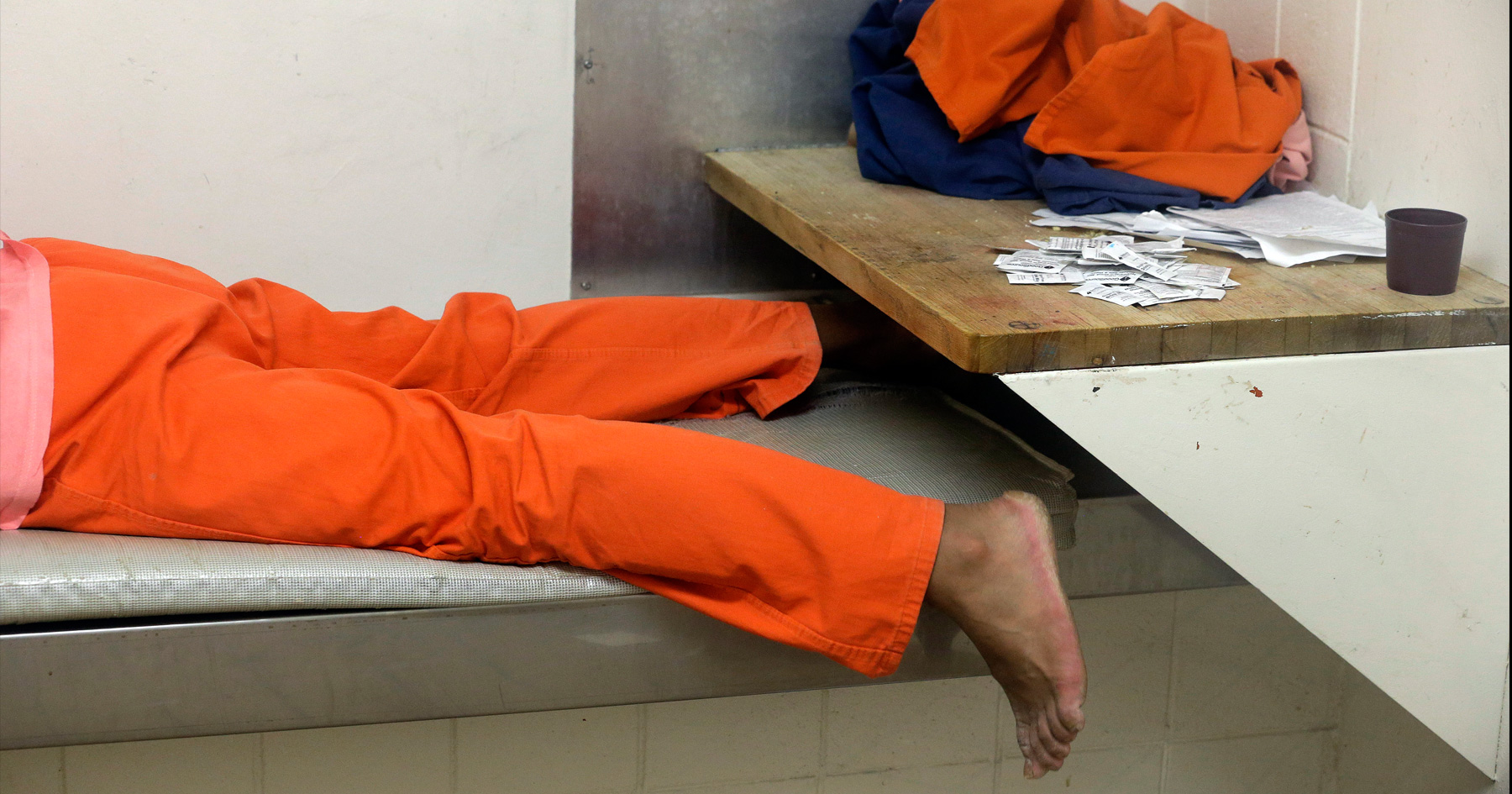 AP Photo/Elaine Thompson - apimages.com
AP Photo/Elaine Thompson - apimages.com
Weisberg said that there are significant populations of people serving long sentences who are no longer dangerous to society, and they're not all non-violent offenders. He said that the Obama administration often calls publicly for non-violent drug offenders to be released from prison, but in reality that population's release would not significantly decrease incarceration rates.
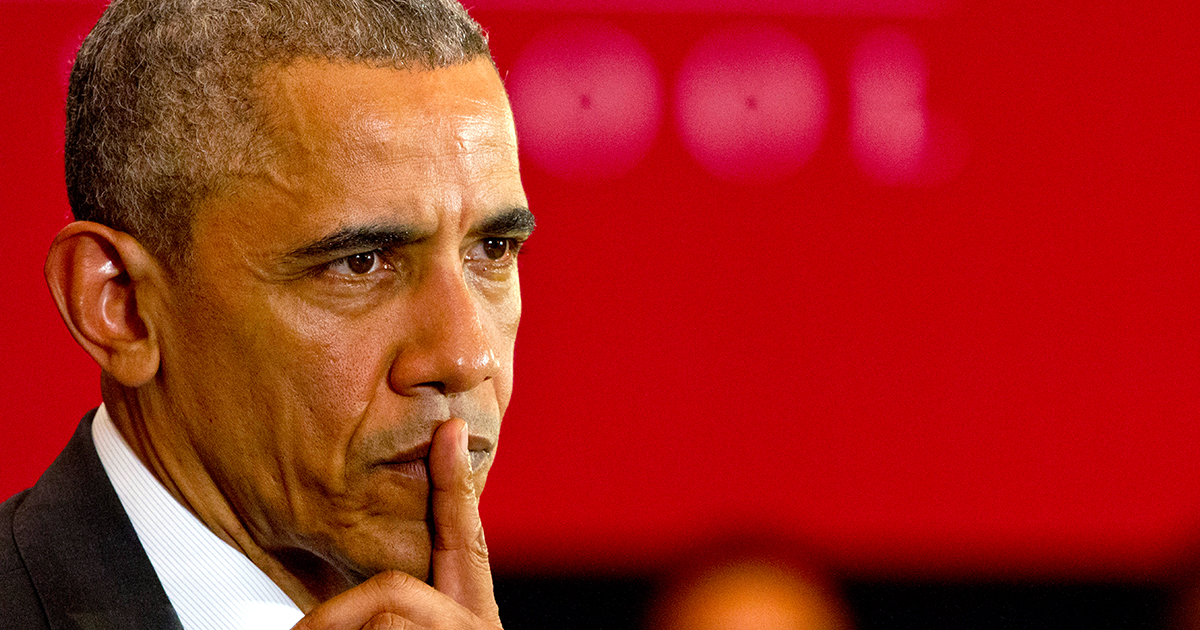 AP/Jacquelyn Martin - apimages.com
AP/Jacquelyn Martin - apimages.com
"The president is significantly mistaken," Weisberg said. The U.S. should consider releasing prisoners who committed a violent crime when they were young adults but are no longer dangerous to the outside world, he said. Violent crime is statistically a young man's game. Most violent crimes are committed by people under 30, according to the Stanford Criminal Justice Center.
The center studied 860 convicted murderers in California who made parole in 1995. Over the next 15 years only five of them, about 1 percent, committed felony crimes and none of them committed "life-term" crimes.
"Society needs to decide if it's more important to keep people in prison for the rest of their lives or spend less money on prisons," Weisberg said.
